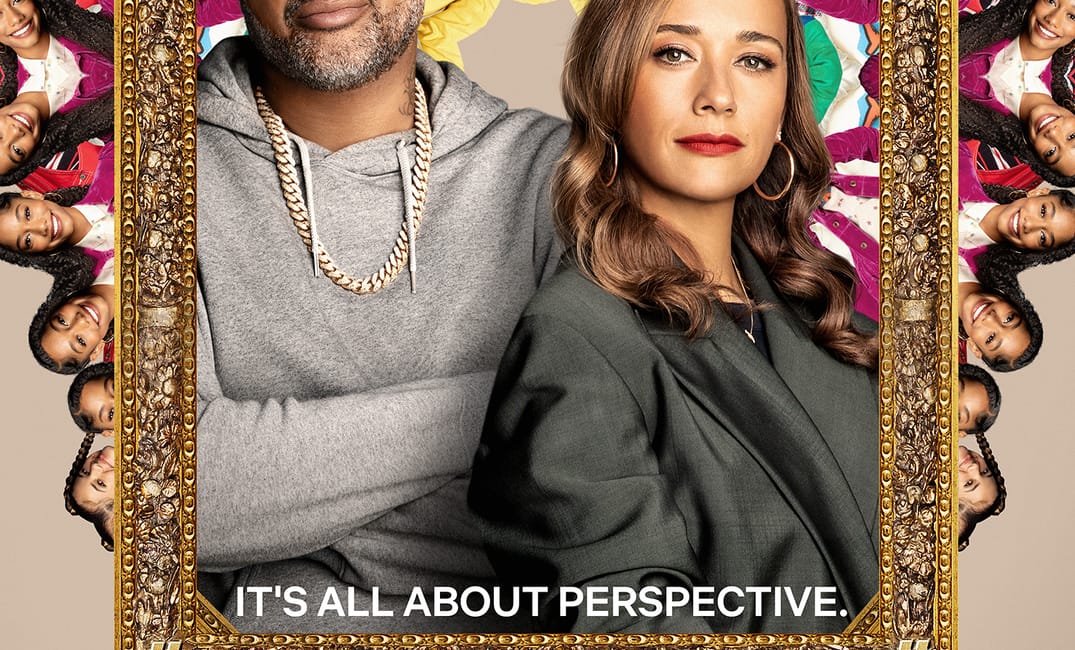✏️ Banseka Kayembe
Creator of Naked Politics | @banseka
When it comes to diversity and exploring perspectives traditionally ignored by the TV and film industry, Netflix has been producing some real bangers. There’s “Self Made” a short series exploring the real life story of America’s first female millionaire who was also black, or “Never Have I Ever” a hilarious and emotional teen series centred around an Indian American girl. We’ve even had comedian Kevin Hart teaching us a more nuanced form of black history.
So when I saw the trailer for Kenya Barris’ new show “Black AF” I was expecting big things. The premise is a mockumentary style series focusing on a rich black family. The family is being documented by the eldest daughter in preparation for going to film school and tries to analyse the racial tensions of being black whilst existing in very white dominated spaces. I was ready for this to shake the table but sadly it was mostly a couple of odd laughs here and there. Two episodes in I was already using it as background noise whilst concentrating on other things.
So, I’ll save you some time and lay out the reasons why you probably shouldn’t bother watching it.
The show is called Black AF; but doesn’t represent a good range of black people
If you name a show “Black AF”, i’m probably going to expect to see some darker skin tones. Unfortunately the show seems to have fallen into the age-old trap of promoting a certain type of being black. The family itself are almost all light skinned, with loosely textured hair and/or mixed race looking. Rashida Jones (who plays the wife) in particular is extremely ethnically ambiguous.
The show’s creator Kenya claims that this is because he has based the show on his own family and I can accept that he is trying to portray his truth- but the “darker skinned man with a light skinned wife and mixed kids” is a tired formula and feels distinctly like colourism. We don’t actually see a dark skinned black person until three episodes in- and to be honest this is often a running theme with Kenya Barris’ shows. To some, colourism might seem trivial, but there’s a long history of presenting blackness in a way that is as close to whiteness as possible, rather than embracing a wider range of skin colours, hair textures and facial features.

It’s really hard to know who Black AF is really for
As a black mixed woman, I saw little culturally that resonated with me. I wasn’t expecting to identify with all of it as I’m not African American, but there were a lot of odd moments that seemed quite jarring against my personal experiences. The kids routinely called their parents “dicks” to their faces and were extremely rude (this type of behaviour would have just never happened in my household, or even now as an adult). All the colloquialisms they used felt unfamiliar, like a pale imitation of what being black is. I did not see myself in this show at all.
It also felt as though the show had been marketed as something that would be unapologetically black, but watching it I became confused. It navigated quickly to presenting a version of blackness with what felt like a white audience in mind only. Difficult topics would get brought up such as the adultification of black girls, white gaze, or the hypocrisy of white liberals, but were explored in a half-arsed minimalist way and the storyline would then easily get side tracked into something else. It would often lose its potency for creating an impactful dialogue about important black issues very quickly.

It’s difficult to care about most the characters
The family are its central characters, but almost all of them are underdeveloped for so long. With the exception of the two parents, the family members are highlighted then dropped very quickly so it’s really difficult to get to know the rest of the family in depth and they remain two dimensional for the most part.
The family comes across mostly as highly dysfunctional, and not in a way that’s endearing and makes them seem more human. Kenya is the worst, routinely telling his wife she’s a bad mother and making excuses for why he’s never around for his family. It doesn’t help that he doesn’t come across as a good actor either. He seems self serving, bad at explaining black experiences and not particularly interested in wider black issues beyond whether or not he should wear his gold chain. It’s not exactly relatable. The best moments were when we’re taken out of the family’s lives and given a short history lesson on slavery or “Juneteenth”.
For the show to really work, it needed to bridge the wealth gap and talk about relatable issues, so that despite the fact the family is rich, their perspectives and experiences were still accessible. The Fresh Prince of Bel Air is a great example of a show having done this very well, but Black AF doesn’t meet this mark.

Conclusion
So yikes- I’ll never get those four hours back. If this had been made ten years ago it might have fared a bit better. But it’s 2020 and the standard for diverse storytelling is much higher- people expect more. It’s a shame as the premise of the show had so much potential but ultimately it’s a bit of a flop.
Thanks for reading our article! We know young people’s opinions matter and really appreciate everyone who reads us.
Give us a follow on Instagram, Twitter and Facebook to stay up to date with what young people think.

